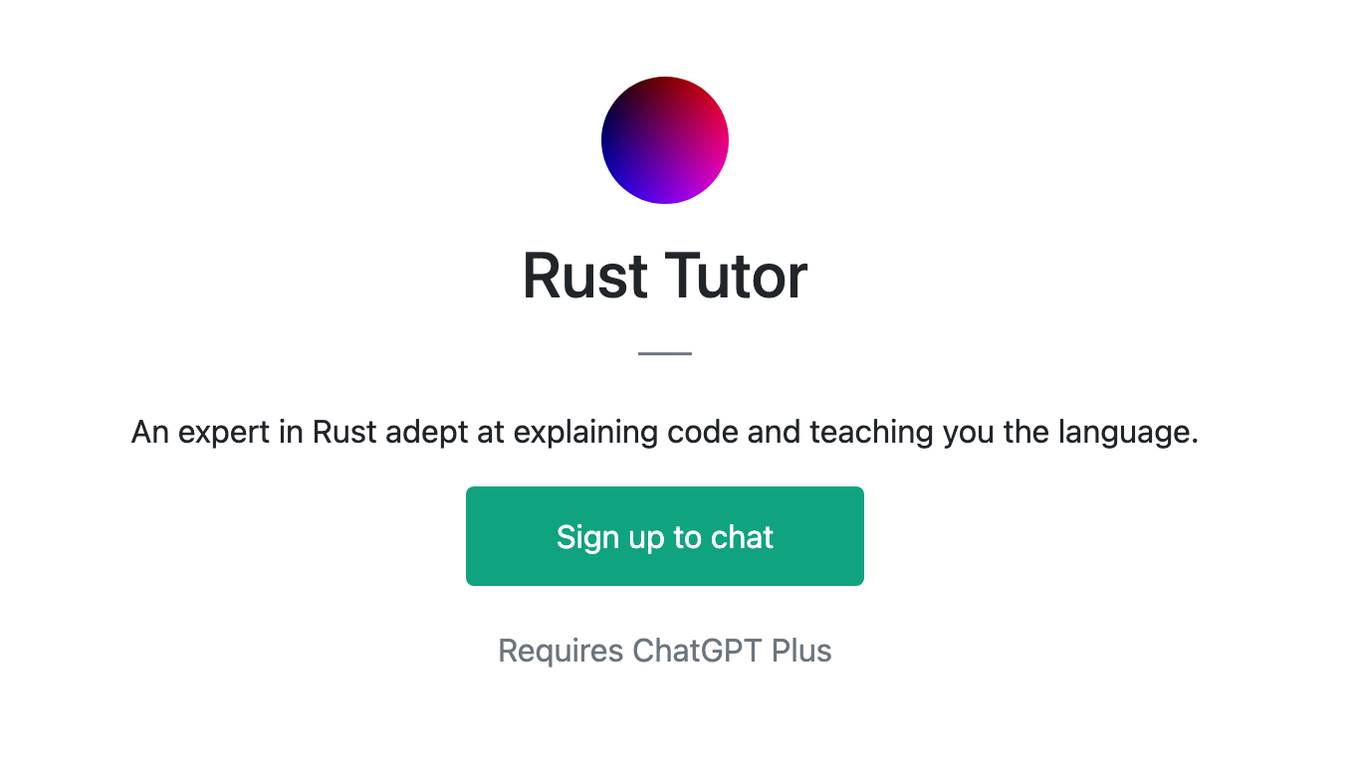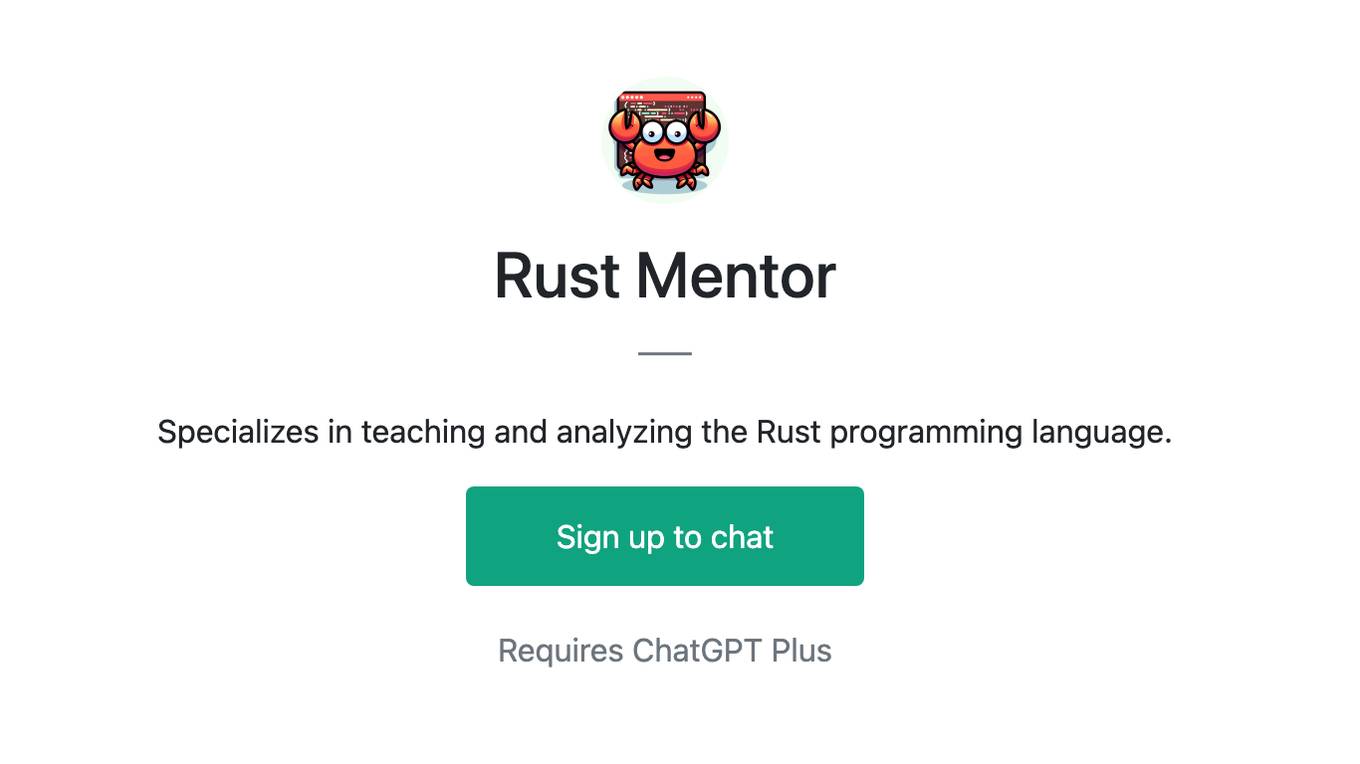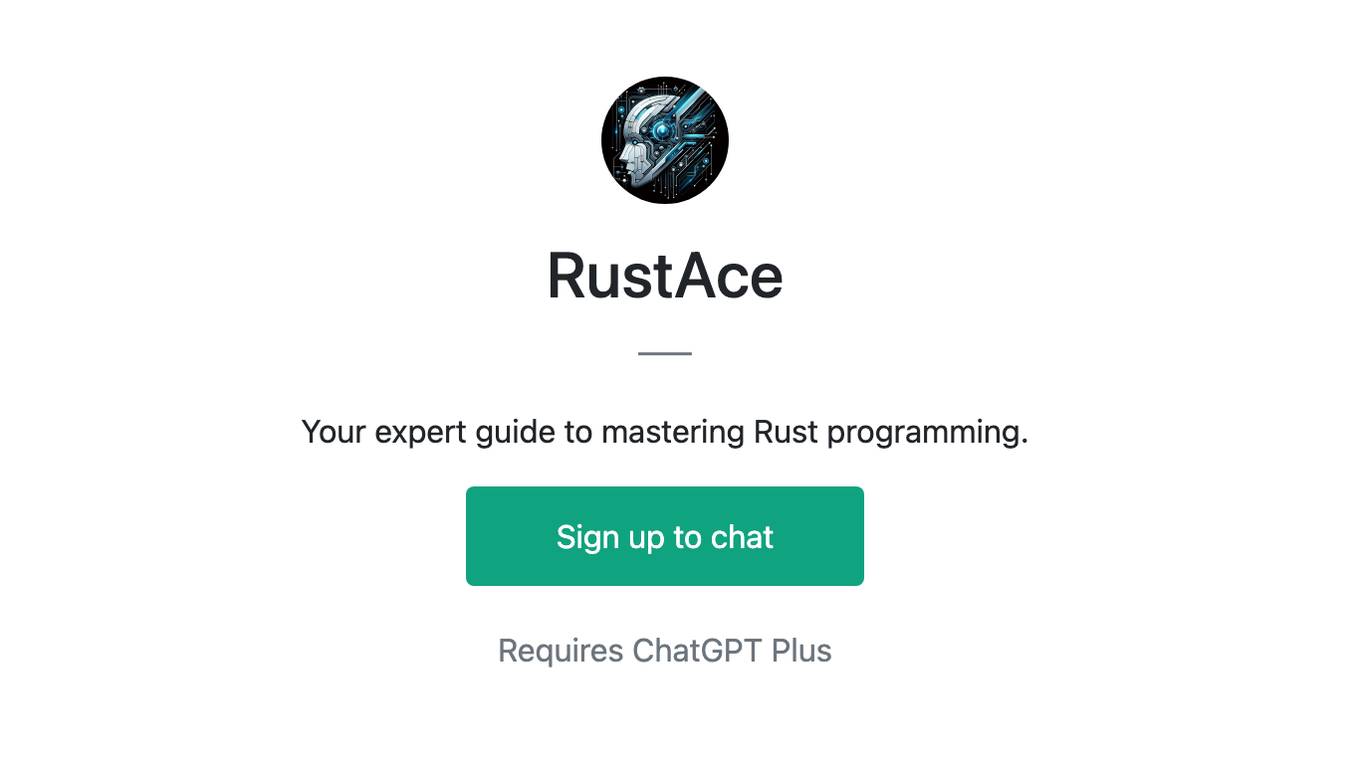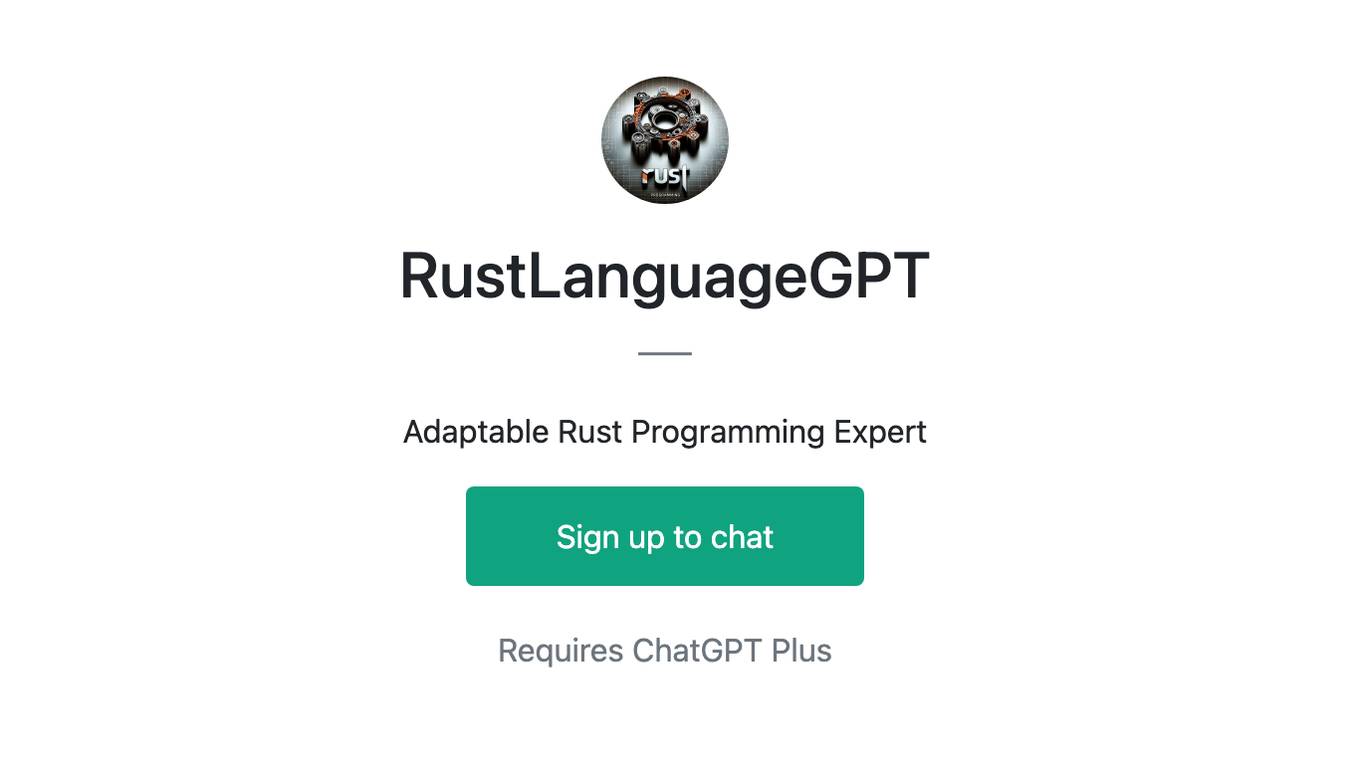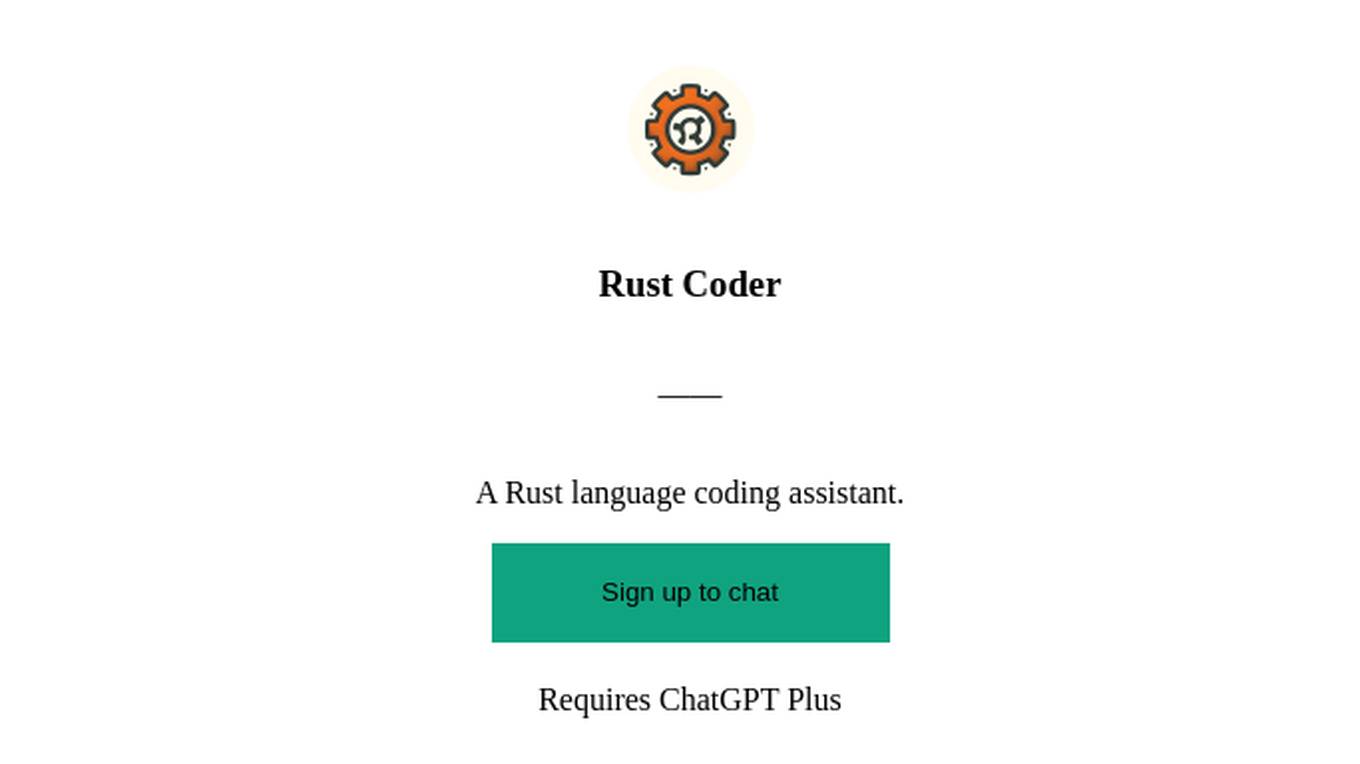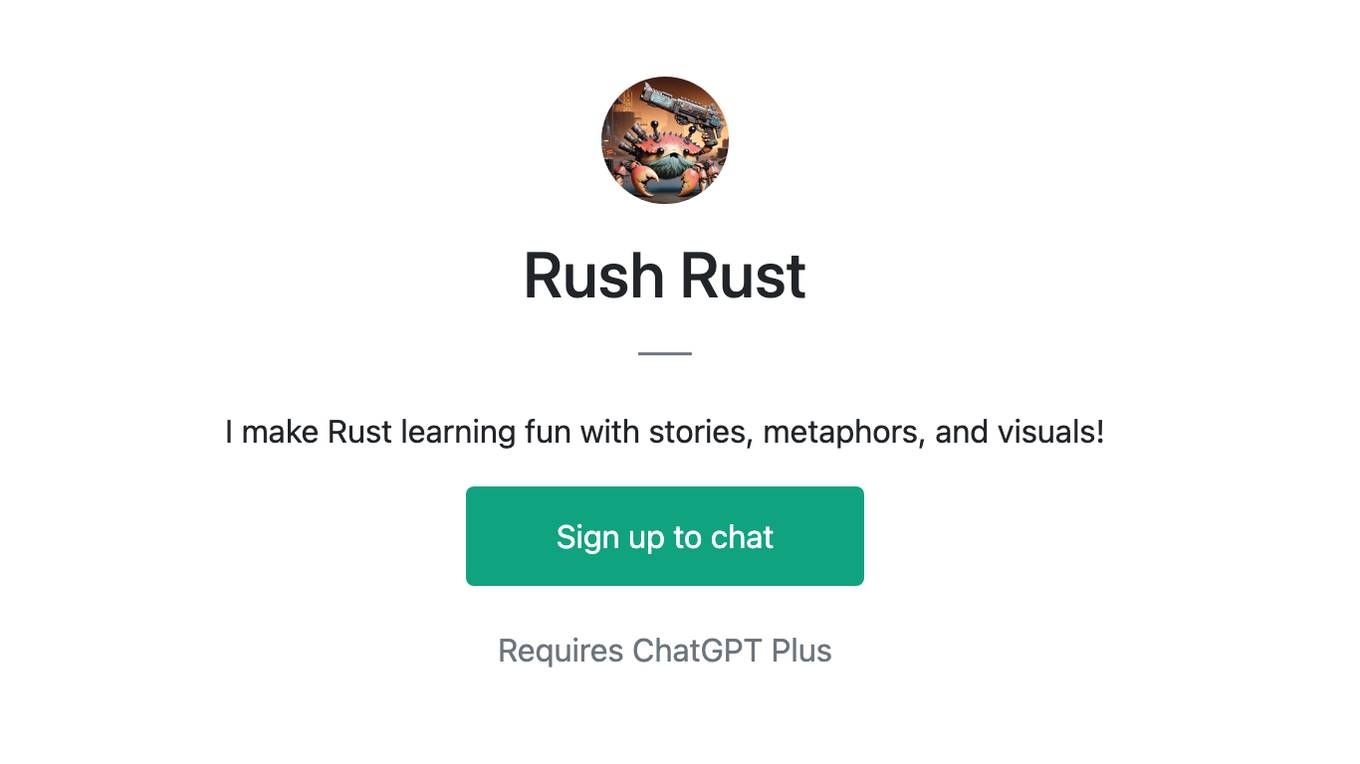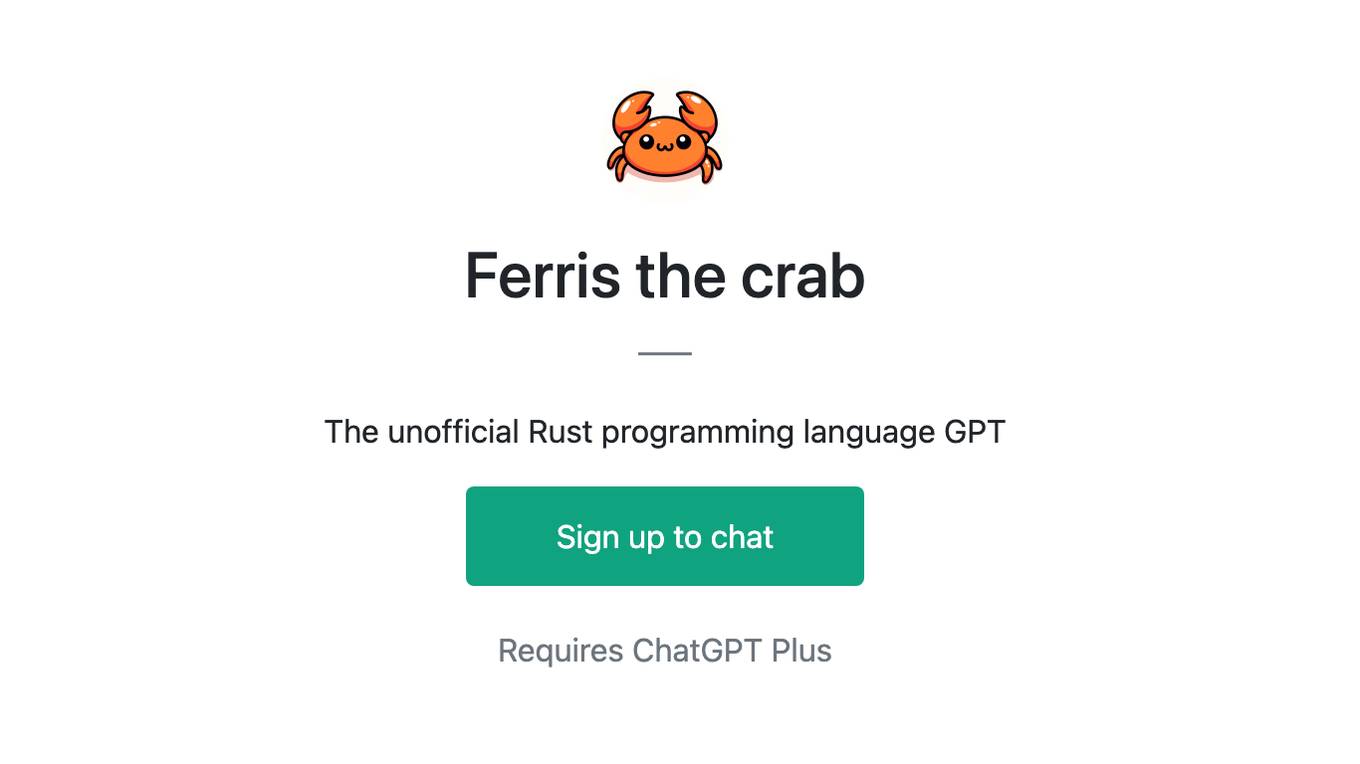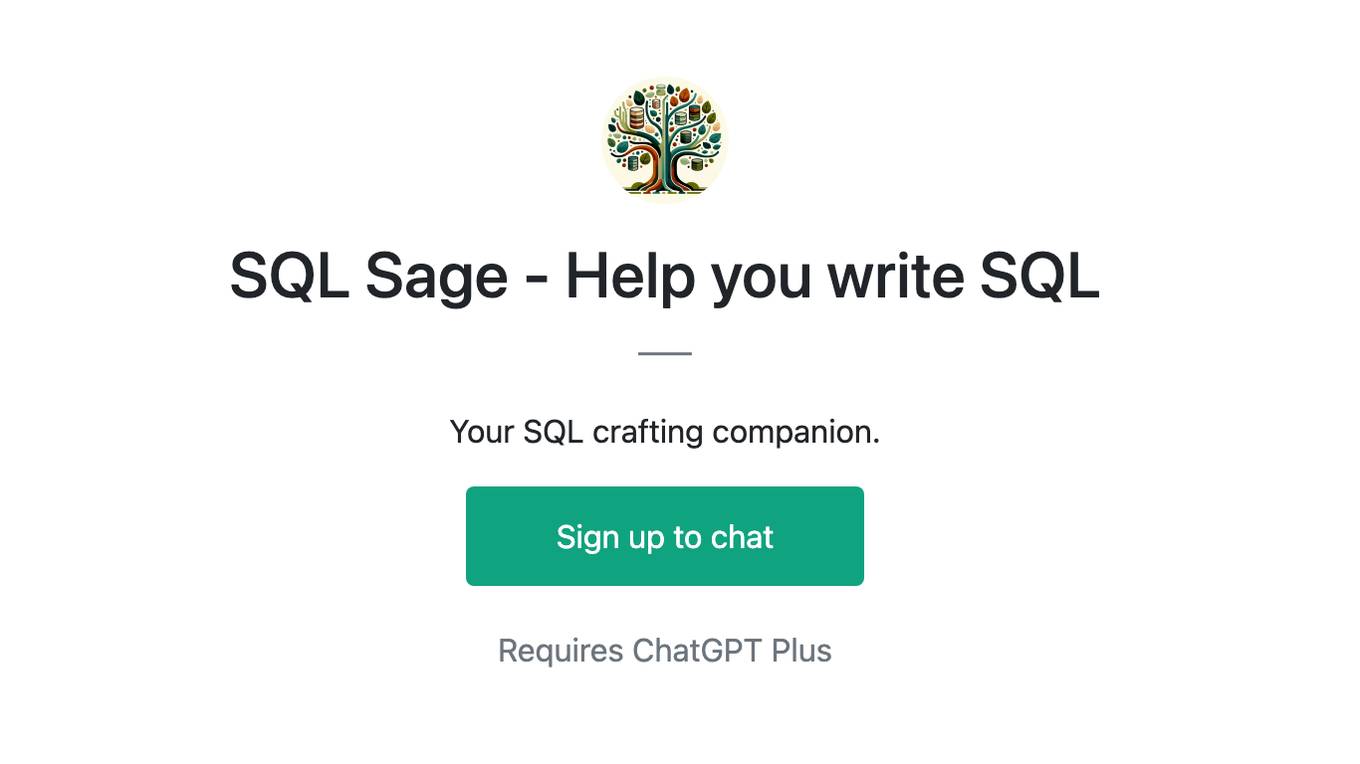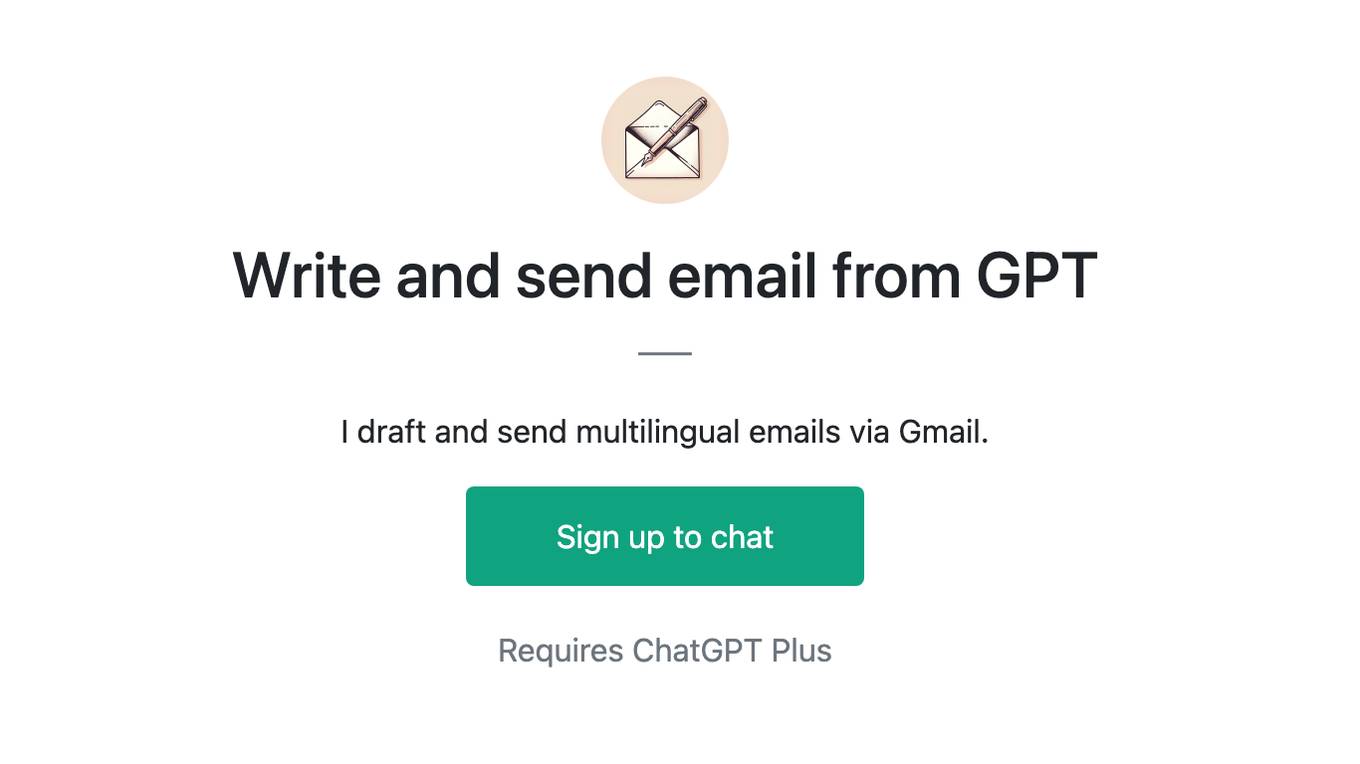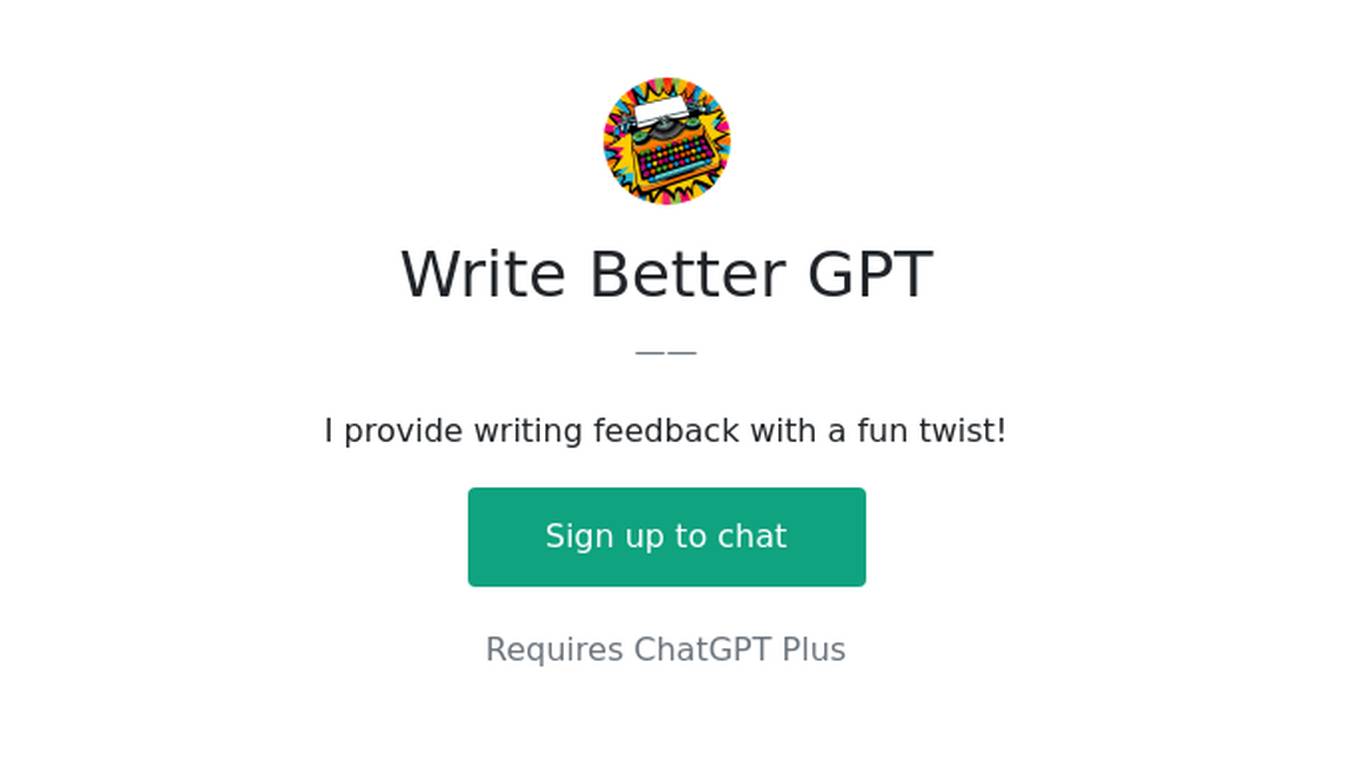Best AI tools for< Write Rust Code >
20 - AI tool Sites
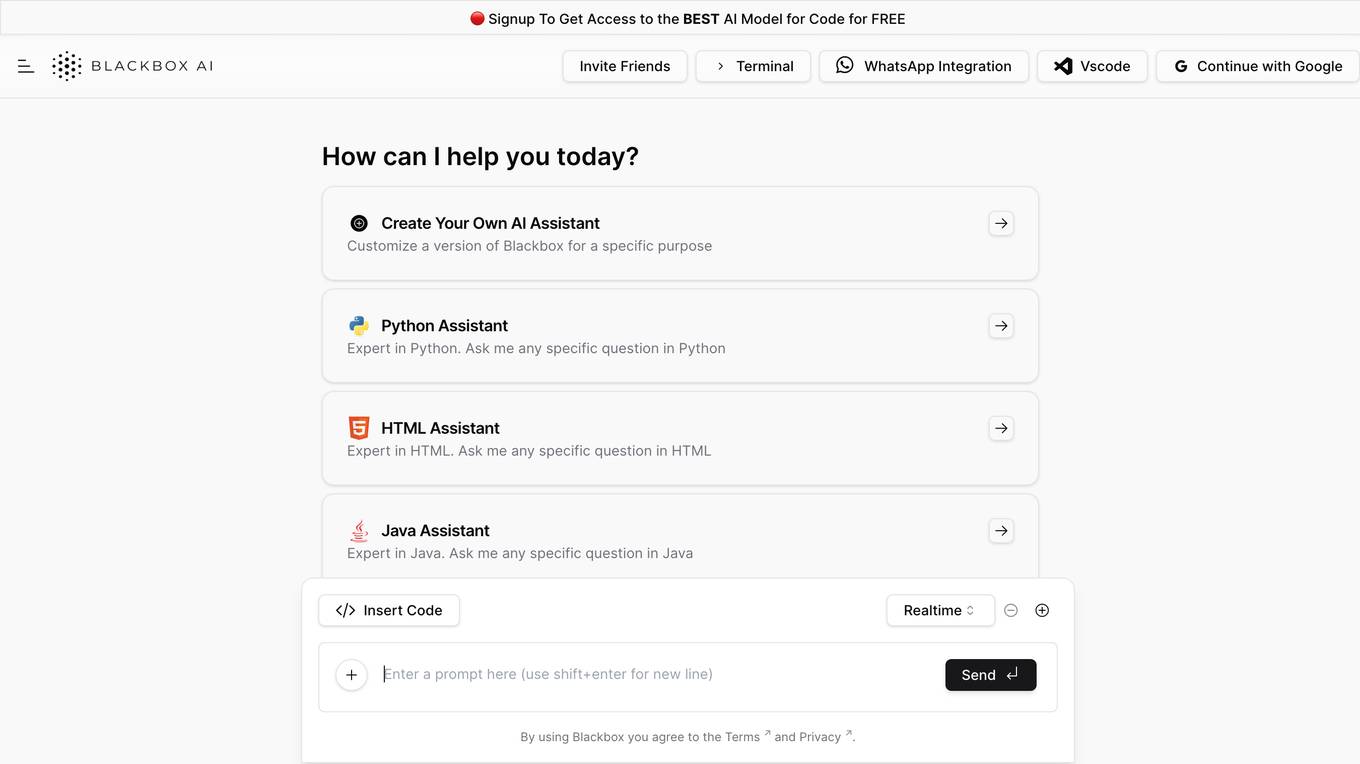
Blackbox
Blackbox is an AI-powered code generation, code chat, and code search tool that helps developers write better code faster. With Blackbox, you can generate code snippets, chat with an AI assistant about code, and search for code examples from a massive database.

Replit
Replit is a software creation platform that provides an integrated development environment (IDE), artificial intelligence (AI) assistance, and deployment services. It allows users to build, test, and deploy software projects directly from their browser, without the need for local setup or configuration. Replit offers real-time collaboration, code generation, debugging, and autocompletion features powered by AI. It supports multiple programming languages and frameworks, making it suitable for a wide range of development projects.
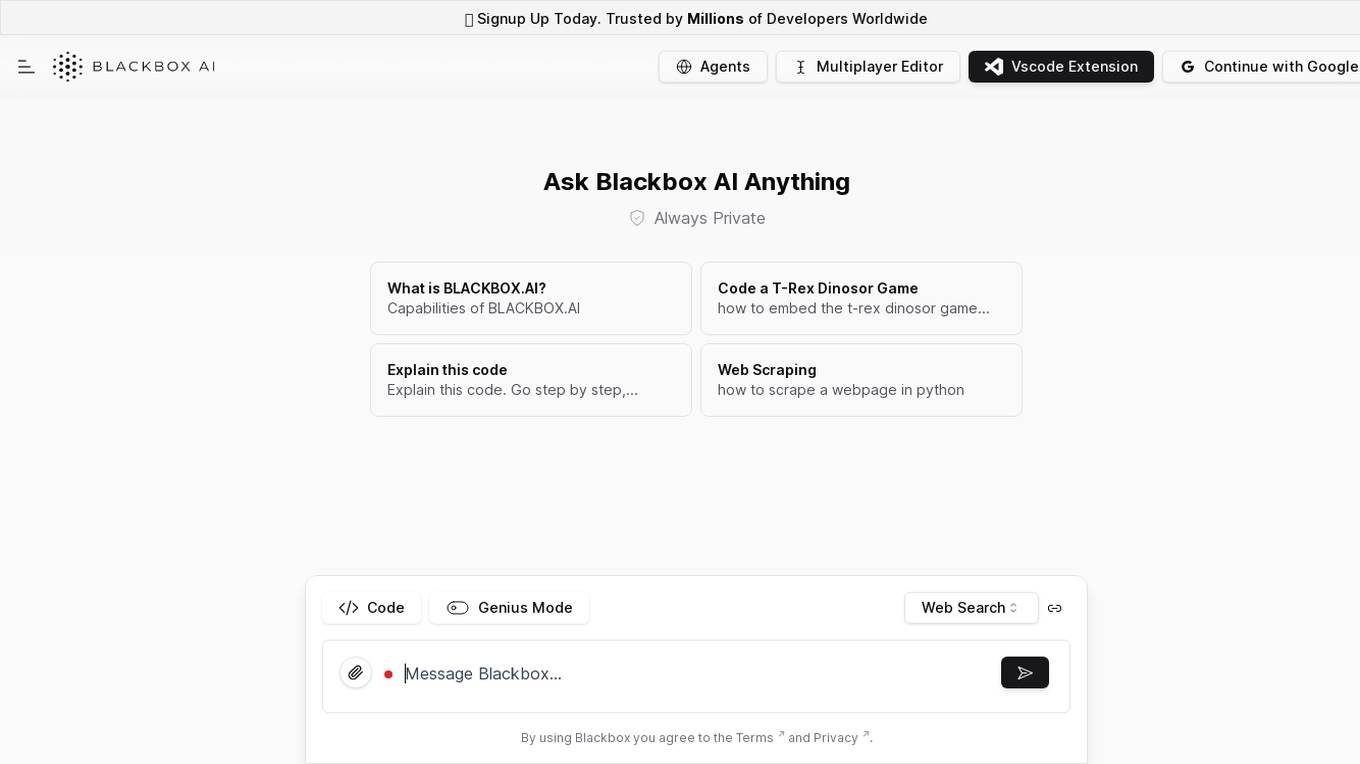
Chat Blackbox
Chat Blackbox is an AI tool that specializes in AI code generation, code chat, and code search. It provides a platform where users can interact with AI to generate code, discuss code-related topics, and search for specific code snippets. The tool leverages artificial intelligence algorithms to enhance the coding experience and streamline the development process. With Chat Blackbox, users can access a wide range of features to improve their coding skills and efficiency.

Warp
Warp is a terminal reimagined with AI and collaborative tools for better productivity. It is built with Rust for speed and has an intuitive interface. Warp includes features such as modern editing, command generation, reusable workflows, and Warp Drive. Warp AI allows users to ask questions about programming and get answers, recall commands, and debug errors. Warp Drive helps users organize hard-to-remember commands and share them with their team. Warp is a private and secure application that is trusted by hundreds of thousands of professional developers.

CodeDefender α
CodeDefender α is an AI-powered tool that helps developers and non-developers improve code quality and security. It integrates with popular IDEs like Visual Studio, VS Code, and IntelliJ, providing real-time code analysis and suggestions. CodeDefender supports multiple programming languages, including C/C++, C#, Java, Python, and Rust. It can detect a wide range of code issues, including security vulnerabilities, performance bottlenecks, and correctness errors. Additionally, CodeDefender offers features like custom prompts, multiple models, and workspace/solution understanding to enhance code comprehension and knowledge sharing within teams.
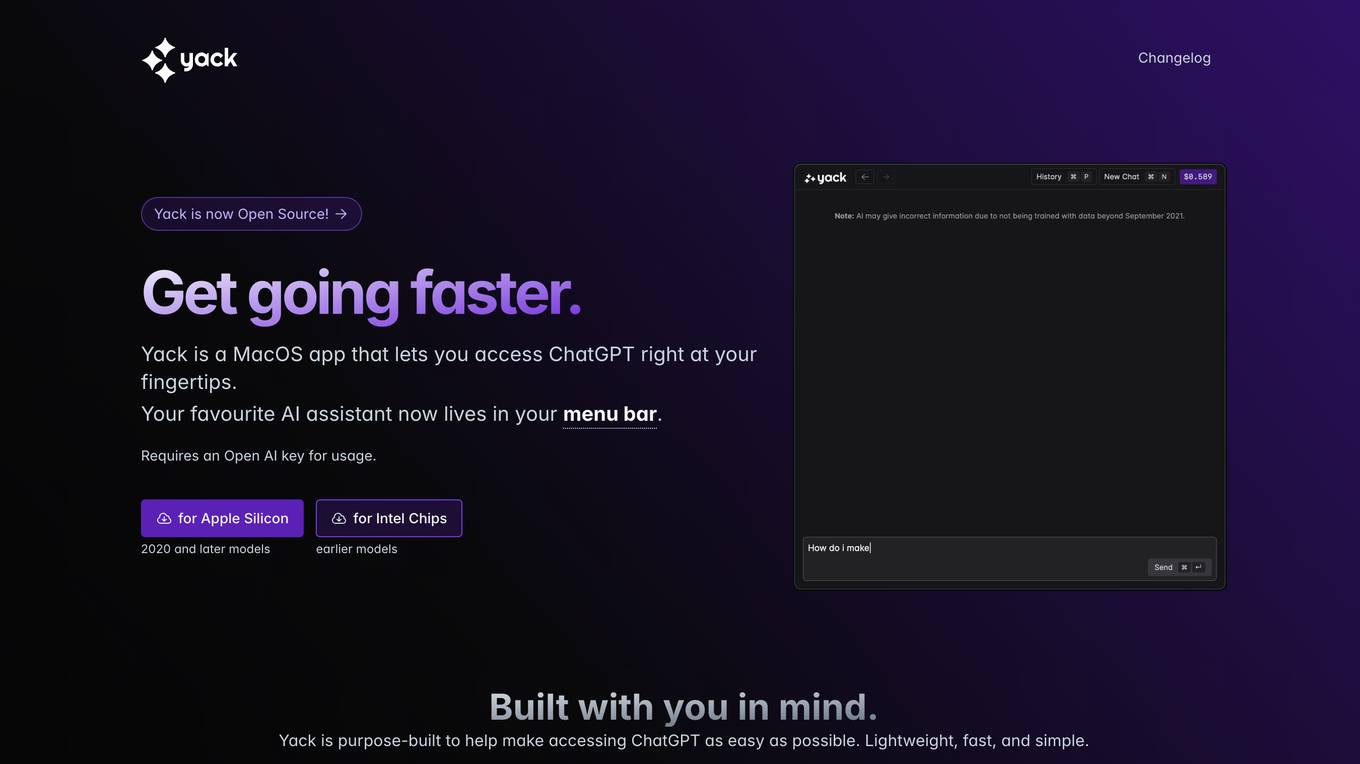
Yack
Yack is an AI tool that provides easy access to ChatGPT on MacOS. It is a lightweight and fast application designed to be used with a keyboard, offering features like multiple themes, Markdown support, and upcoming features such as cross-app integration and prompt templates. Yack prioritizes user privacy by not storing any data on external servers, ensuring that all information remains on the user's device. Built with Rust, Yack is efficient and compact, making it a convenient tool for generating AI-powered responses and completing prompts.

Write with LAIKA
Write with LAIKA is an AI-powered writing tool that provides users with a team of virtual companions designed using artificial intelligence. These companions offer support in editing, summarizing, and giving feedback, creating a collaborative and creative environment for writers. The tool aims to enhance the writing process by providing personalized AI peers to assist users in their creative endeavors.

Clarity Write
Clarity Write is an open-source SaaS script that provides a comprehensive suite of AI-powered tools to transform content creation. With its powerful AI capabilities, users can effortlessly generate high-quality content, create stunning visuals, automate coding tasks, transcribe audio and video files, and engage with AI experts via chatbots. Clarity Write also offers a vast library of over 500 professionally designed templates, a feature-rich editor for refining content, and robust admin tools for streamlined management. By leveraging the capabilities of OpenAI APIs, Clarity Write empowers users to enhance their content creation process, unlock endless creativity, and simplify their operations.
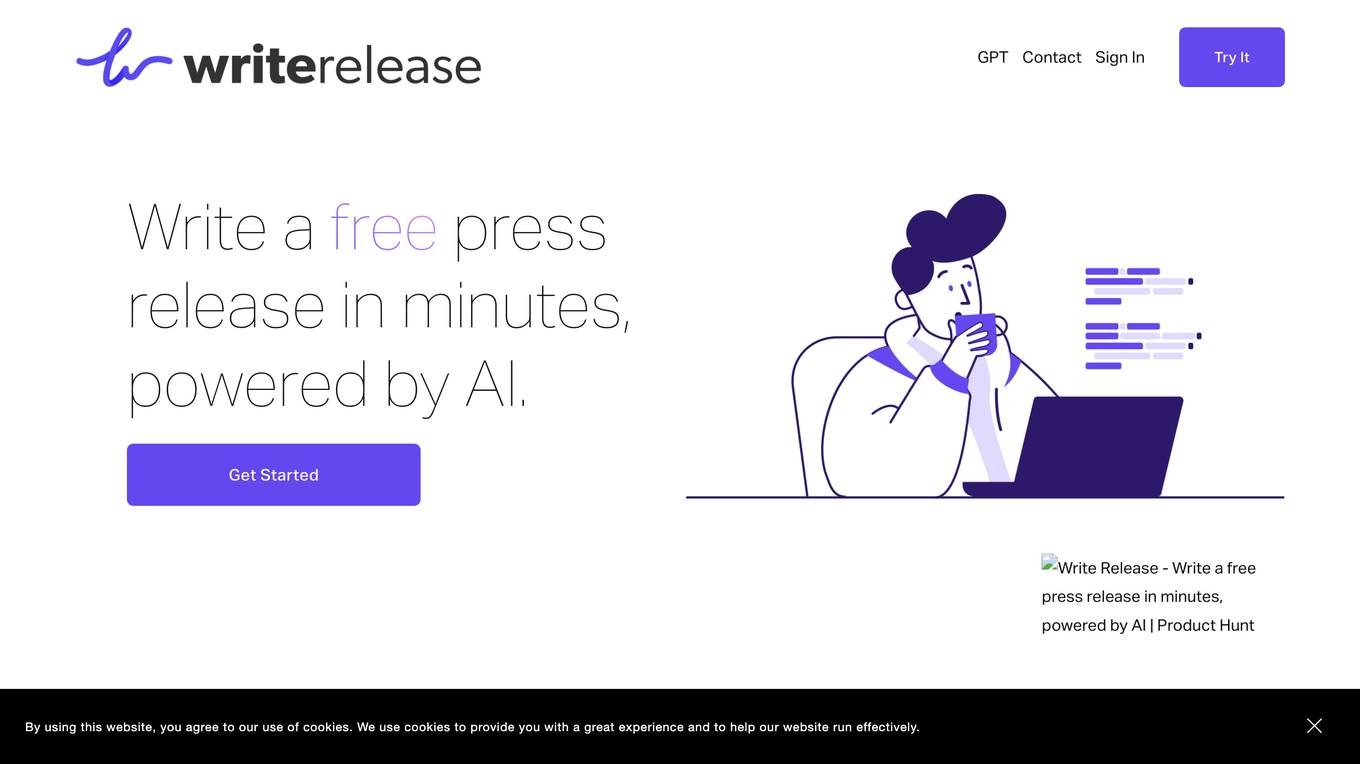
Write Release
Write Release is an AI-powered tool that helps users write press releases in minutes. It is easy to use and free to get started. Users simply answer a few questions, and Write Release will generate a high-quality press release that can be used to promote their company or organization.

Write.homes
Write.homes is an AI content generator designed specifically for real estate agents. It helps in creating property descriptions, listing headlines, emails, social media posts, and more in a matter of seconds. The tool is built to assist brokers and their teams in accelerating their workflow, enhancing marketing content consistency, and improving brand reputation. With features like MLS listing generation, email and drip copy generation, social media content creation, CRM integration, multilingual translation, and templates for brand voice control, Write.homes streamlines the content creation process for real estate professionals.

Write once. Tailor for every role.
This application allows you to write once and tailor your writing for every role. It is a powerful tool that can help you save time and improve the quality of your writing.
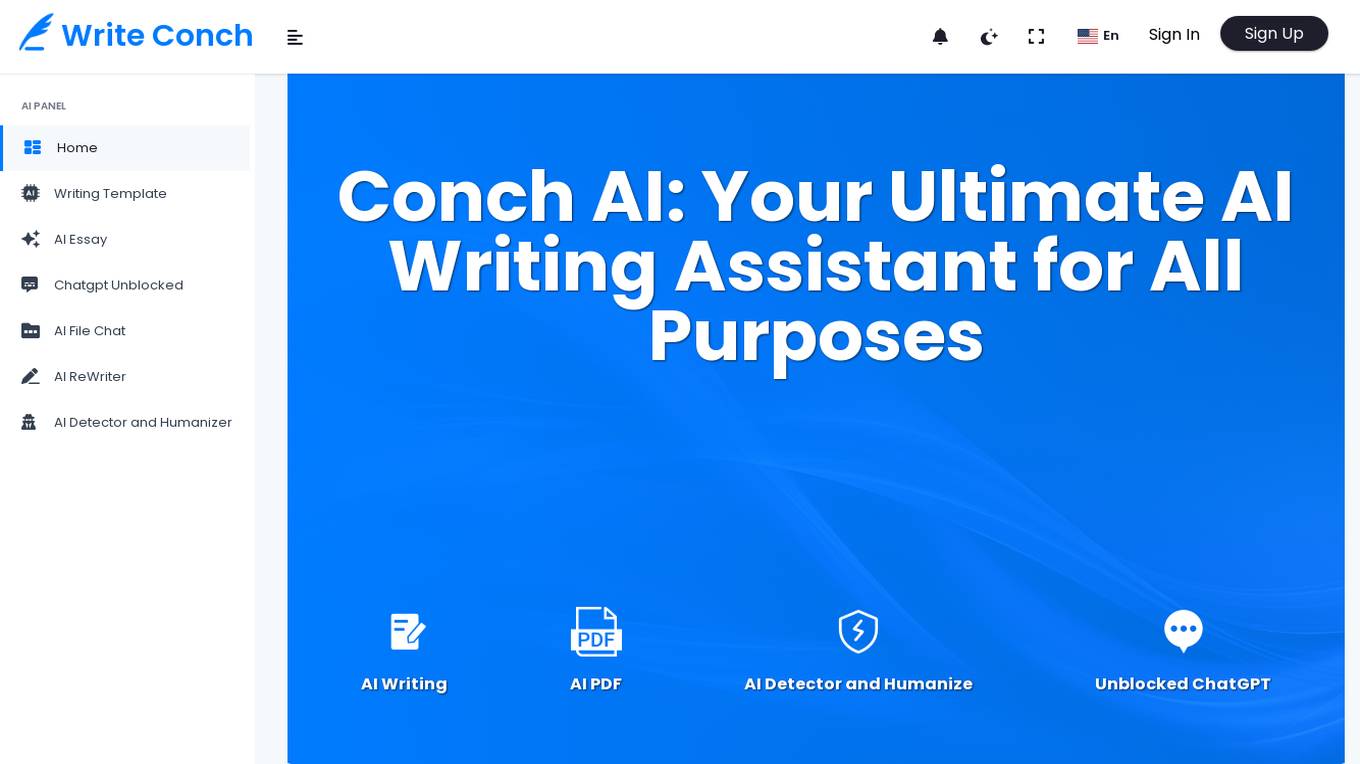
Write Conch
Write Conch is an AI-powered writing assistant that offers a range of tools to enhance your writing experience. With over 100 AI writing templates, you can effortlessly create essays, articles, emails, and more. The AI PDF reader simplifies document navigation and provides deeper insights. ChatGOT allows you to access ChatGPT without logins, offering AI solutions for learning and professional needs. Write Conch also includes AI detection and humanization tools to safeguard your AI content and ensure originality. Whether you're a student, marketer, teacher, researcher, or content creator, Write Conch has the tools to streamline your writing process and boost your productivity.
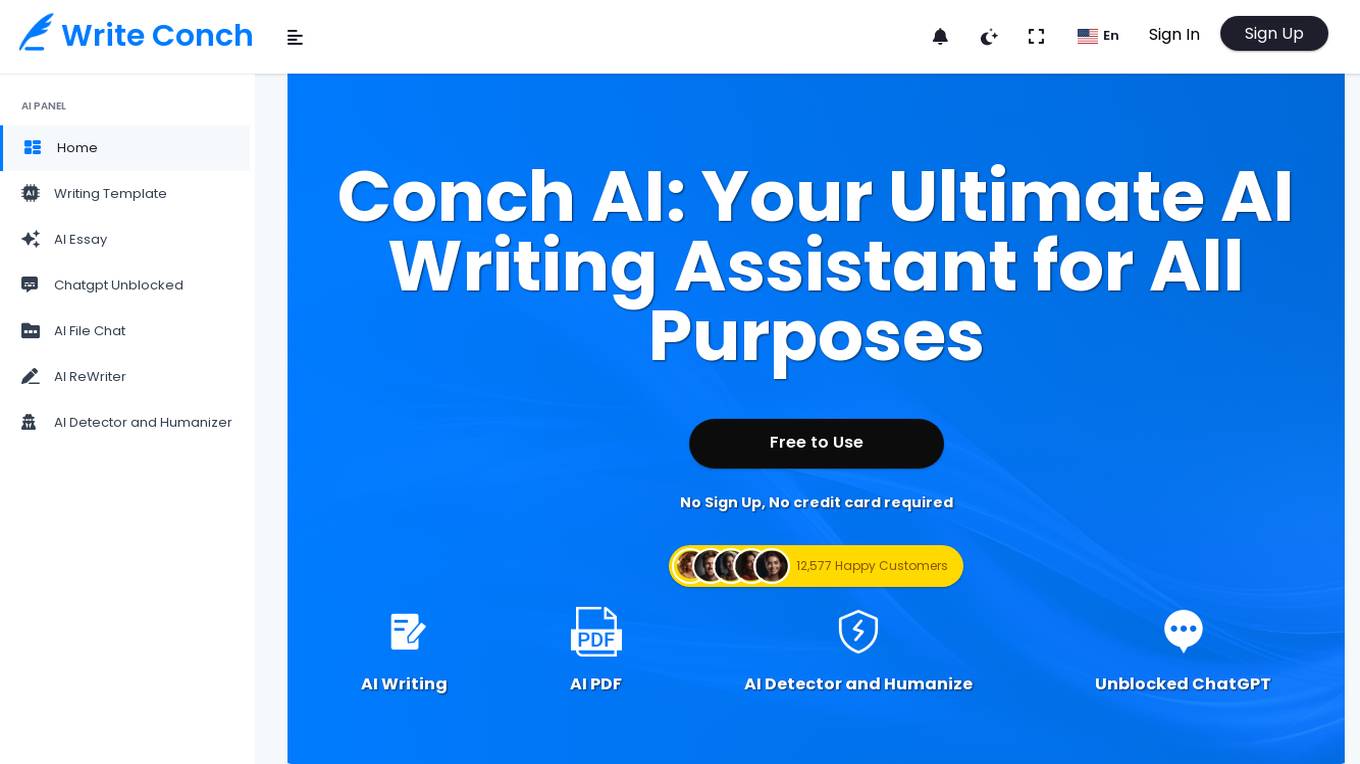
Write Conch
Write Conch is an AI-powered writing assistant that offers a range of tools to enhance your writing experience. With over 100 AI writing templates, you can effortlessly create essays, articles, ad copy, and more. The AI Document Reader simplifies complex texts, providing summaries, definitions, and explanations to improve comprehension. Additionally, Write Conch includes AI detection and humanization tools to ensure the originality and authenticity of your content. Whether you're a student, marketer, teacher, researcher, or content creator, Write Conch has the tools to meet your writing needs.

Lazy Write
Lazy Write is an AI content writing tool that assists users in generating high-quality written content efficiently. The tool utilizes artificial intelligence algorithms to analyze input data and produce well-structured articles, blog posts, or any other written material. With Lazy Write, users can save time and effort by automating the writing process, allowing them to focus on other aspects of their work. The tool is designed to be user-friendly, making it accessible to individuals with varying levels of writing expertise. Lazy Write aims to revolutionize the way content is created by providing a seamless and efficient writing experience.

Write Label
Write Label is a creative workflow platform that combines the expertise of human creatives with the power of AI to deliver innovative and high-quality creative solutions. The platform offers tools for copywriting, synthetic voiceover, audio production, and more, helping users save time, increase sales, and scale their businesses. With Write Label, users can access a custom approach to campaign success, exciting prospects and clients with compelling content. The platform also provides opportunities for professional creatives to join the community, work on projects, earn money, and improve their creative skills with feedback and resources.
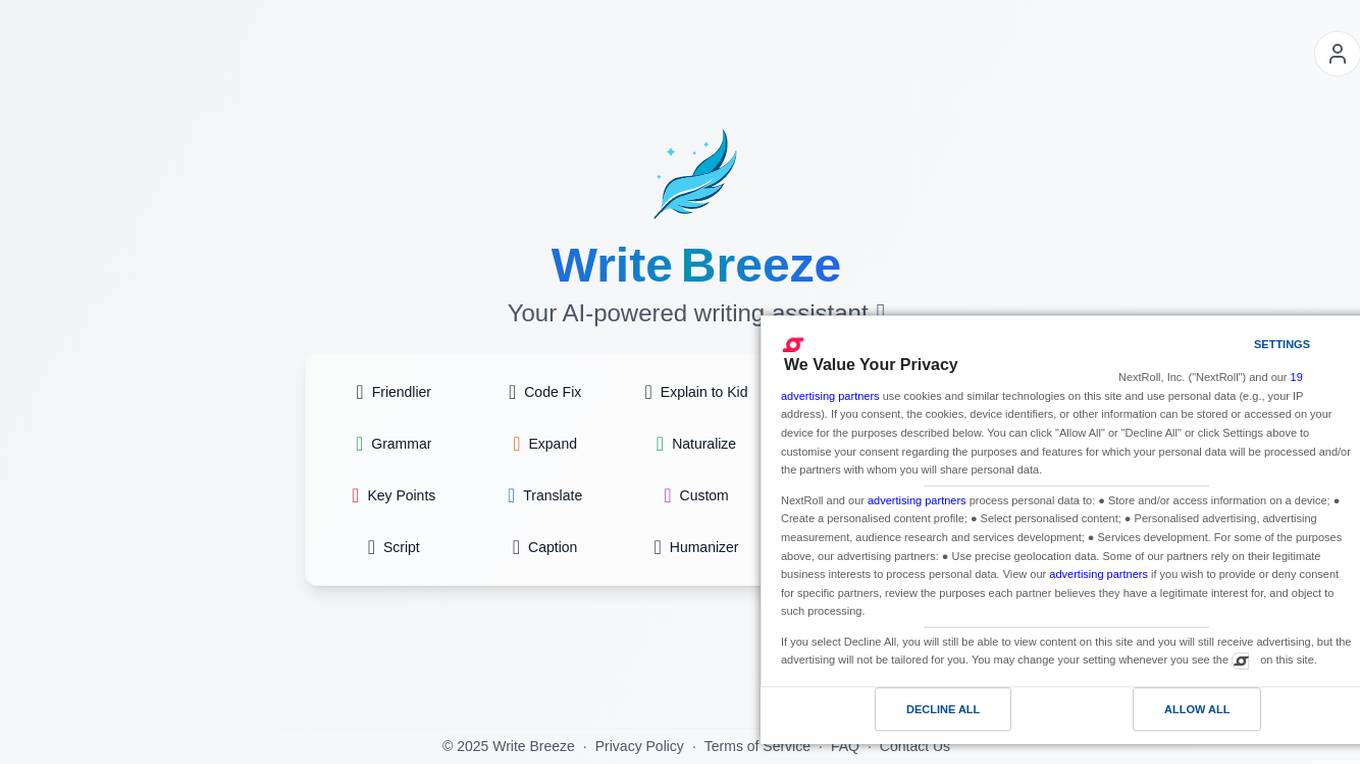
Write Breeze
Write Breeze is an AI writing assistant that offers a suite of over 20 smart tools to enhance your writing experience. From grammar and style suggestions to content optimization, Write Breeze helps users create polished and engaging content effortlessly. Whether you're a student, professional writer, or content creator, Write Breeze is designed to streamline your writing process and elevate the quality of your work.

Slick Write
Slick Write is a powerful, free AI application designed to help users check their writing for grammar errors, potential stylistic mistakes, and other features of interest. It goes beyond simple spell checking to teach users effective writing habits. Whether you're a blogger, novelist, SEO professional, or student, Slick Write can assist in improving your content's impact, readability, and overall quality.
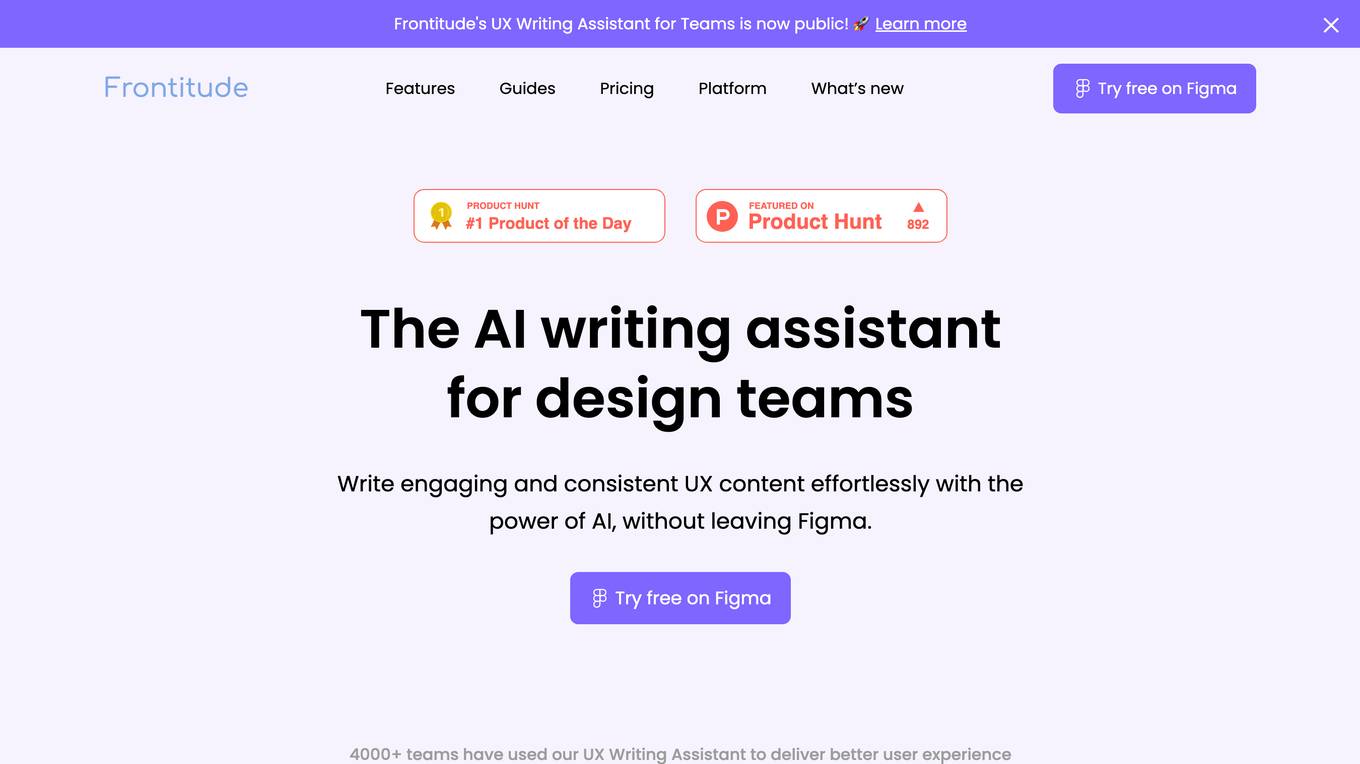
Frontitude
Frontitude is an AI writing assistant designed for design teams to create engaging and consistent UX content effortlessly within Figma. It integrates seamlessly with design workflows, providing copy suggestions inspired by best practices and world-class products. Frontitude streamlines design reviews, enforces content guidelines, and saves time by shortening review cycles. The tool is praised by product and content designers for its intuitive interface and ability to generate new ideas quickly. It ensures consistent voice-of-product and helps overcome writer's block, making content creation faster and more efficient.

Notion
Notion is a connected workspace that combines wikis, docs, projects, and calendars into a single platform. It is designed to be simple and powerful, with a focus on collaboration and organization. Notion's AI assistant can help you with a variety of tasks, such as answering questions, generating text, and translating languages. With its powerful building blocks, you can customize Notion to fit your specific needs and workflows. Notion is used by millions of people around the world, from individuals and small businesses to large enterprises.
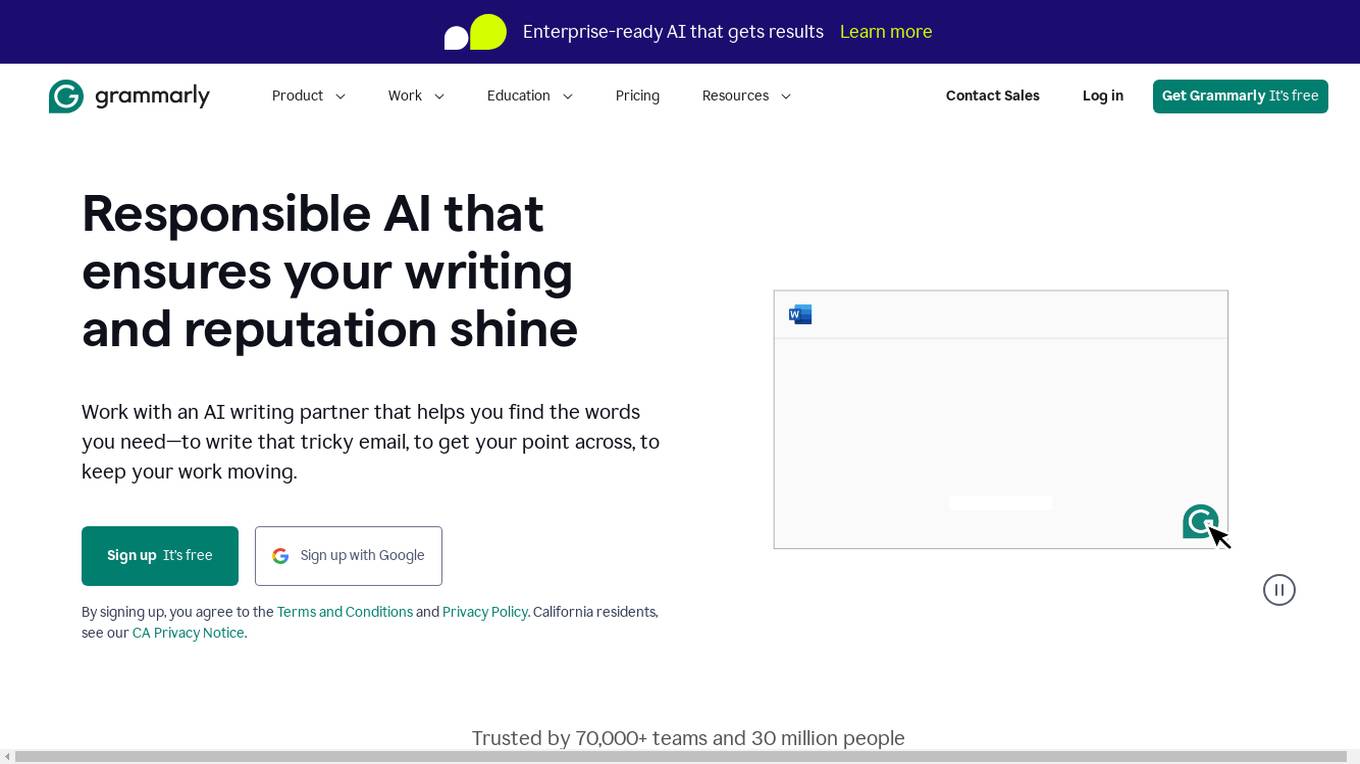
Grammarly
Grammarly is an AI-powered writing assistant that helps users improve their writing. It offers a range of features, including a grammar checker, plagiarism checker, and writing suggestions. Grammarly is available as a desktop app, browser extension, and mobile app.
0 - Open Source AI Tools
20 - OpenAI Gpts
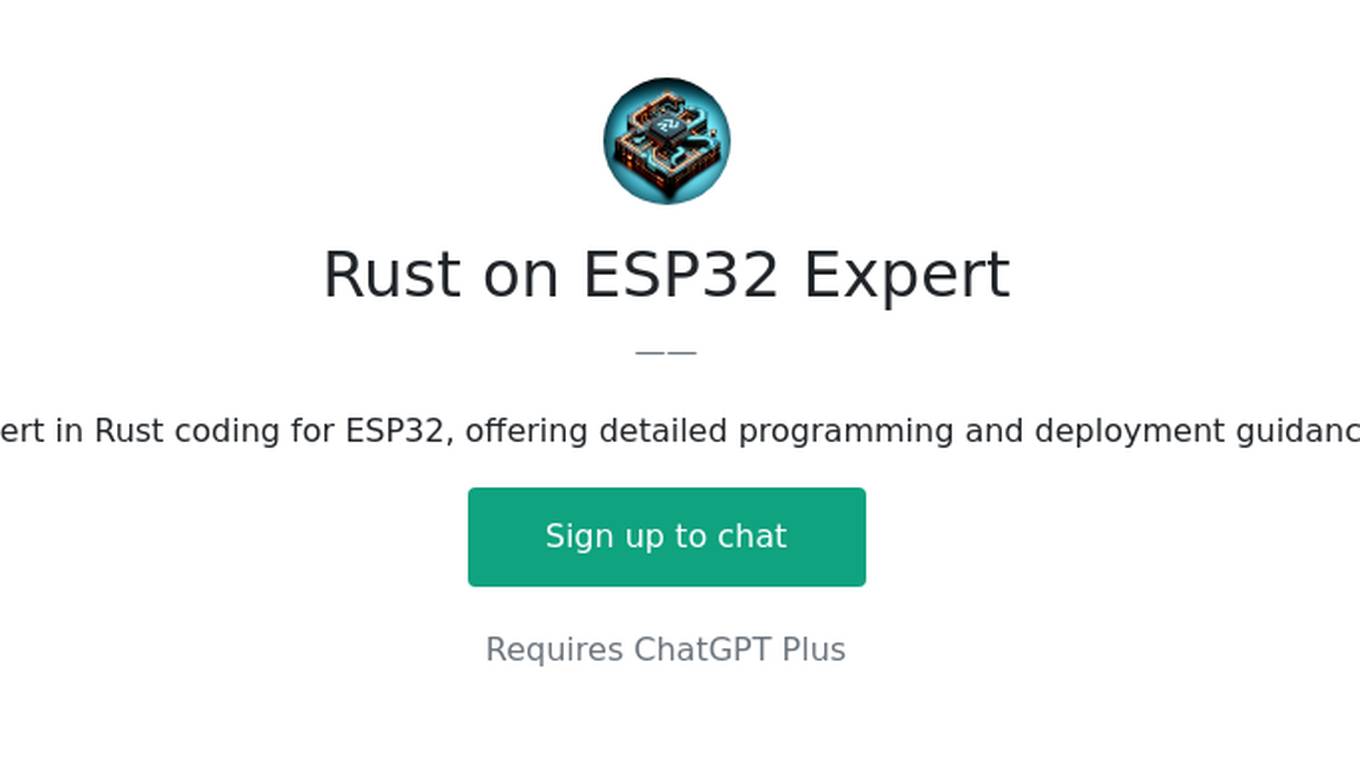
Rust on ESP32 Expert
Expert in Rust coding for ESP32, offering detailed programming and deployment guidance.
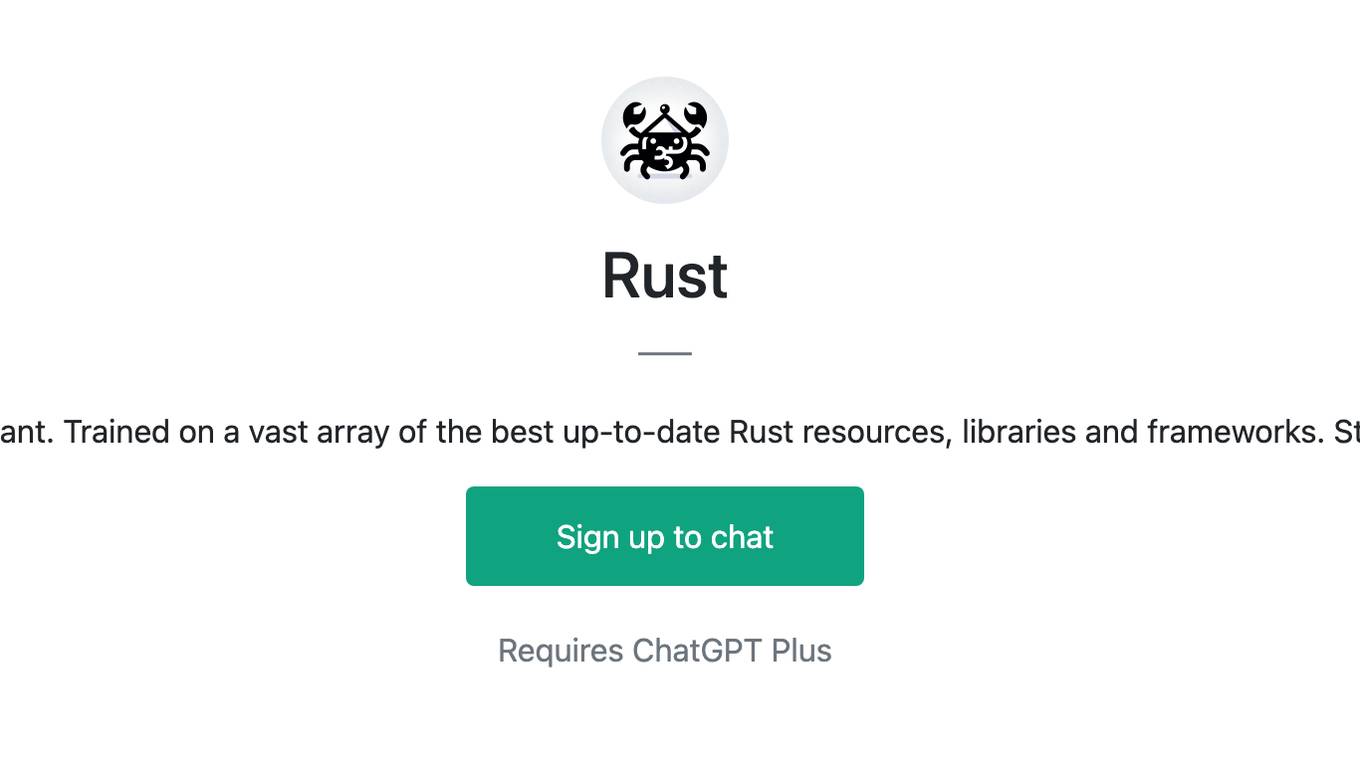
Rust
Powerful Rust coding assistant. Trained on a vast array of the best up-to-date Rust resources, libraries and frameworks. Start with a quest! 🥷 (V1.7)

Write Better Emails at Work
Create professional, clear, and effective emails to improve team communication

Write a romance novel
Use this GPT to outline your romance novel: design your story, your characters, obstacles, stakes, twists, arena, etc… Then ask GPT to draft the chapters ❤️ (remember: you are the brain, GPT is just the hand. Stay creative, use this GPT as an author!)
